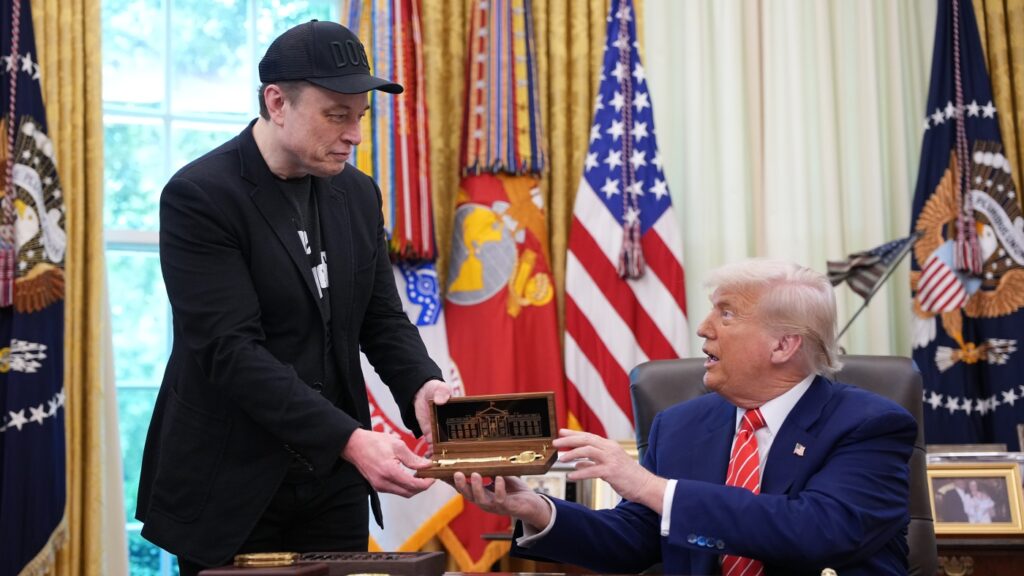Elon Musk’s involvement with the Department of Government Efficiency (DOGE) has taken a dramatic turn as the initiative transitions to a new phase without him. The Trump administration is emphasizing the importance of DOGE’s work in reshaping the federal bureaucracy to align with the president’s goals. The effort involves embedding DOGE operatives more permanently within government agencies, aiming to institutionalize DOGE at the agency level.
Despite initial ambitious plans led by Musk to streamline government operations and cut costs, legal challenges have hampered DOGE’s progress. Allegations of overstepping authority, privacy law violations, and workforce reduction protocol breaches have surfaced, prompting some agencies to scale back on aggressive cost-cutting measures.
DOGE’s influence extends beyond Musk, with key team members settling into long-term roles within the government. The initiative’s impact is evident in various agencies, with efforts to embrace cost-cutting strategies and technology upgrades inspired by DOGE. However, challenges such as inaccuracies in claimed savings and legal disputes continue to shape DOGE’s trajectory.
The future of DOGE remains uncertain, but its legacy persists as agencies adopt cost-saving measures and technological advancements influenced by the initiative. Despite the controversies and legal hurdles, DOGE’s impact on government operations and efficiency is likely to endure.

